Dental Extractions
Our dentists make every effort to preserve your natural teeth. However, extractions are necessary when decay has made the tooth unsalvageable or when you have advanced periodontal disease. When a tooth is malformed, damaged, impacted or ingrown, different procedures are used, but all extractions are considered surgery. Depending on which tooth is removed, we can offer you a replacement in the form of a dental implant, bridge or denture.
FAQ
Do I need my tooth extracted?
We only extract teeth if they are causing symptoms and/or impossible to save. If the tooth is restorable the ideal option is to save the tooth with root canal treatment and a crown/onlay. If they become loose due to gum disease then it is often not possible to save the tooth, in which case symptomatic teeth are best removed. Wisdom teeth only require extraction if symptomatic or if endangering adjacent teeth. Asymptomatic teeth are sometimes fine to keep in place & monitor until they become symptomatic or until you are ready to treat them.
What should I expect during an extraction procedure?
All tooth extractions are completed under local anaesthetic so should not be painful at all. The most common sensation to feel is pressure or pushing as we loosen the tooth. Rarely, weak adjacent teeth can be damaged during an extraction but this is usually discussed at the initial consultation.
How long is the healing process?
Immediately following a dental extraction the body begins to heal the area. This starts in the form a blood clot (much like a scab on a wound) which must be left undisturbed while the tissues heal. Within 2 weeks the gums usually heal over with some slight soreness remaining. After this period the blood clot is slowly converted to bone by the body over the next 6-12 months.
